Life
Sign up for our newsletter
We summarize the week's scientific breakthroughs every Thursday.
-
 Oceans
OceansReaders question ocean health
Ocean plastics, ant behavior, pollution solutions and more in reader feedback.
-
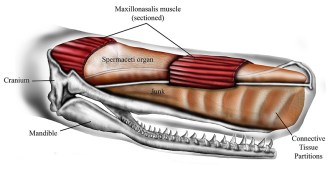 Animals
AnimalsA sperm whale’s head is built for ramming
Computer simulations of a sperm whale’s head show that an organ called the junk may help protect the brain when ramming other whales — or ships.
-
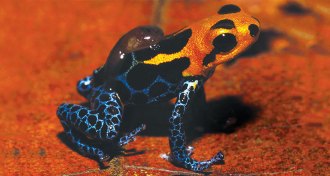 Animals
AnimalsPiggybacking tadpoles are epic food beggars
Tadpoles beg so frantically among mimic poison frogs that researchers check to see whether they’re just scamming.
By Susan Milius -
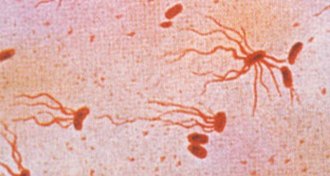 Life
LifeTyphoid toxin aids survival in mice
A DNA-damaging bacterial protein may prolong the lives of infected animals.
-
 Life
Life‘Wild Ways’ showcases need for wildlife corridors
The TV documentary 'Wild Ways' shows how wildlife corridors bridge the gap between isolated populations of animals.
-
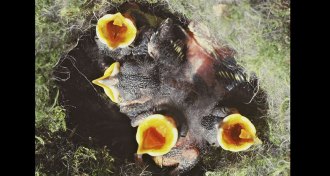 Animals
AnimalsMama birds pay attention to more than chicks’ begging
Whether a mama bird decides to feed her offspring depends on more than just who begs most — her environment is a big factor, a new study finds.
-
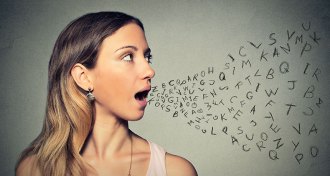 Neuroscience
NeuroscienceLip-readers ‘hear’ silent words
Lipreading prompts activity in the brain’s listening area.
-
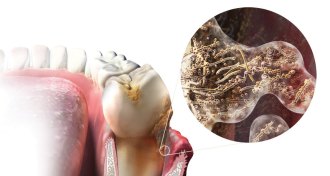 Health & Medicine
Health & MedicineGum disease opens up the body to a host of infections
Researchers are getting to the root of gum disease's implications for other diseases.
By Laura Beil -
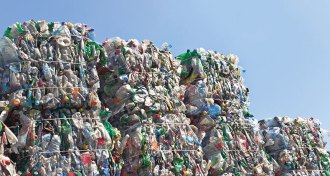 Microbes
MicrobesThis microbe makes a meal of plastic
A newly identified bacterium can break down plastic waste.
-
 Neuroscience
NeuroscienceHippocampus makes maps of social space, too
The hippocampus is a multitalented mapmaker.
-
 Neuroscience
NeuroscienceForgetting can be hard work for your brain
It can take more work to forget something than to remember it.
-
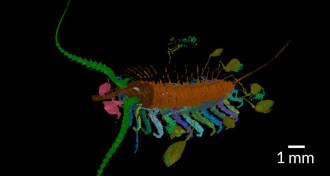 Animals
AnimalsAncient arthropod kept its brood close
A newly discovered ancient arthropod may offer clues on the evolution of parenting styles.